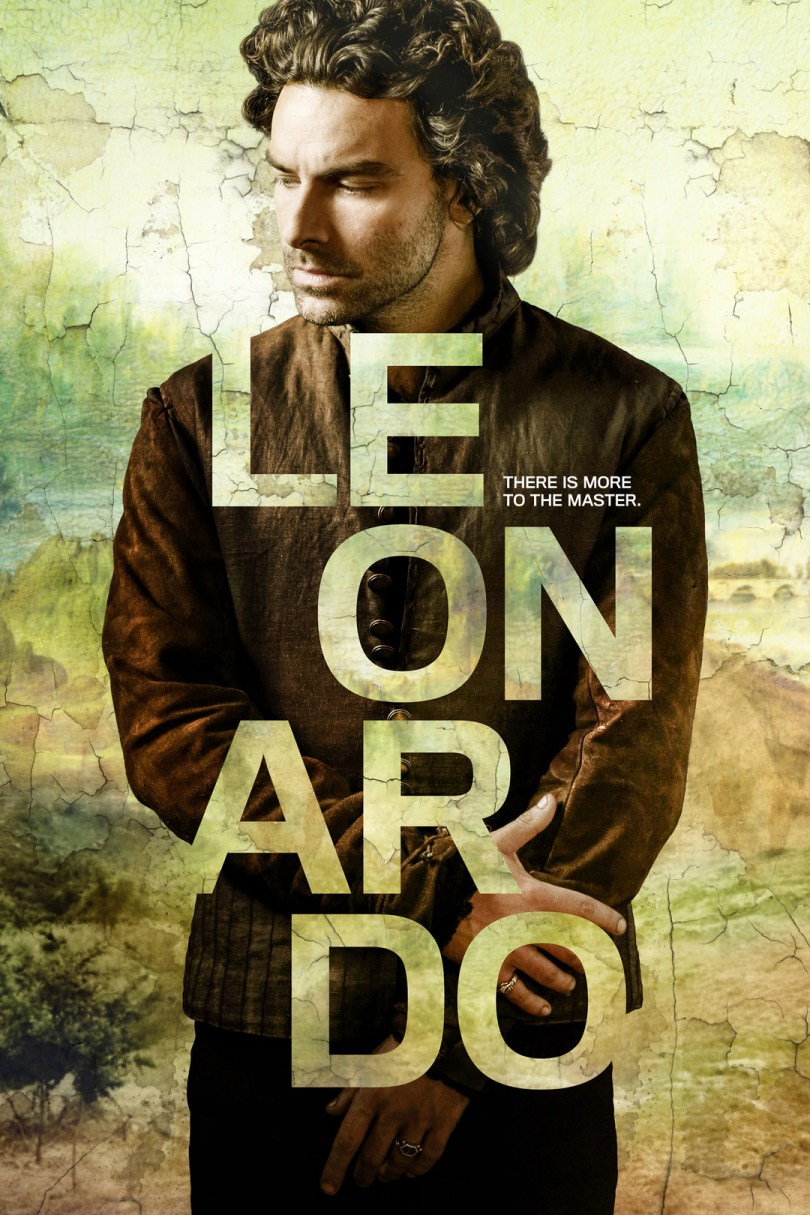Back when the ACRL Framework for Information Literacy was introduced, one of the key improvements between it and the Standards that had come before it (at least to my mind) was the way that it distinguished between the behaviors of novice researchers who are still developing their understanding of research practices and expert researchers. Rather than making it seem like there was some hard line between being information literate and not, the Framework shows that information literacy learning develops along a spectrum
I’ve never had a reason to question the Framework’s use of the word “expert” before. It never even occurred to me to do so. After all, if we’re talking about a spectrum of research experience, it makes sense that with “novice” at one end of that spectrum, “expert” would be at the other. But lately I’ve been doing some reading in the writing studies field that got me wondering a little bit.
First, I started to wonder how, exactly, we know how an expert researcher thinks about the research process or what their behaviors are. The Framework does not cite any sources that establish where these traits come from or what they’re based on. They seem to be things we as a profession just “know” about how experts do research.
So then I started wondering: is this really how experts do research? Personally, on the spectrum of “novice” to “expert,” I consider myself much closer to the “expert” end of things than the “novice” end, at least when it comes to the research contexts in which I work most often. I do find my own practices and ways of thinking reflected in some of the Framework’s descriptions. For example, from the Scholarship as Conversation frame: “Experts understand that, while some topics have established answers through this process, a query may not have a single uncontested answer. Experts are therefore inclined to seek out many perspectives, not merely the ones with which they are familiar.” I definitely recognize this from my own recent research projects, especially the one where I’m exploring why creative research often isn’t taught as formal part of creative writing programs in higher education. There’s no easy answer there and I’ve read some 70 sources to learn as much as I can about the different ways of thinking creative writing professors and other writing studies experts have about the role of pedagogy in their field. This isn’t something I would expect my undergraduate students, many of whom are closer to the “novice” end of the spectrum, to take the time to do, even if they had it.
Other “expert” practices the Framework describes are less applicable to my own work. For example, from the Searching as Strategic Exploration frame: “Experts realize that information searching is a contextualized, complex experience that affects, and is affected by, the cognitive, affective, and social dimensions of the searcher. Novice learners may search a limited set of resources, while experts may search more broadly and deeply to determine the most appropriate information within the project scope. Likewise, novice learners tend to use few search strategies, while experts select from various search strategies, depending on the sources, scope, and context of the information need.” As an expert researcher, I understand that there’s value in searching broadly and deeply and trying different search strategies. I believe I’m much more resilient in this respect than a novice researcher would be. But do I search broadly and deeply? Do I select from various strategies? Not really. As someone who’s been doing research in the same or similar areas for a long time, I know what works and I pretty much stick to that. This includes strategies students don’t always think to employ–like using the works cited list in a useful source to identify other possibly useful sources–but I don’t waste a lot of time selecting search strategies to get what I need. Mostly I feel like I don’t need to.
There are other behaviors and ways of thinking that we often teach students about that I frankly don’t do. For example, concept maps. Or coming up with elaborate search strategies. Or gathering all of your sources before you start writing. None of this is mentioned in the Framework but when we teach, we often present them as if doing research in this systematic and organized way is somehow the mark of an expert. Or at all realistic. (Which it isn’t.)
Now, obviously I’m basing all of this on my own experience and practices. But I’m willing to bet that there are many highly experienced researchers out there, especially ones outside the library field, who would look at the Framework’s description of an “expert researcher” and not recognize themselves in it.
This makes me want to know even more what the Framework is basing its ideas about an “expert researcher” on if it doesn’t come from any established model or, I suspect, real world behavior.
Personally, I think the expert researcher is a myth.
I think what the Framework describes isn’t so much an expert researcher as an ideal researcher.
Read More »









